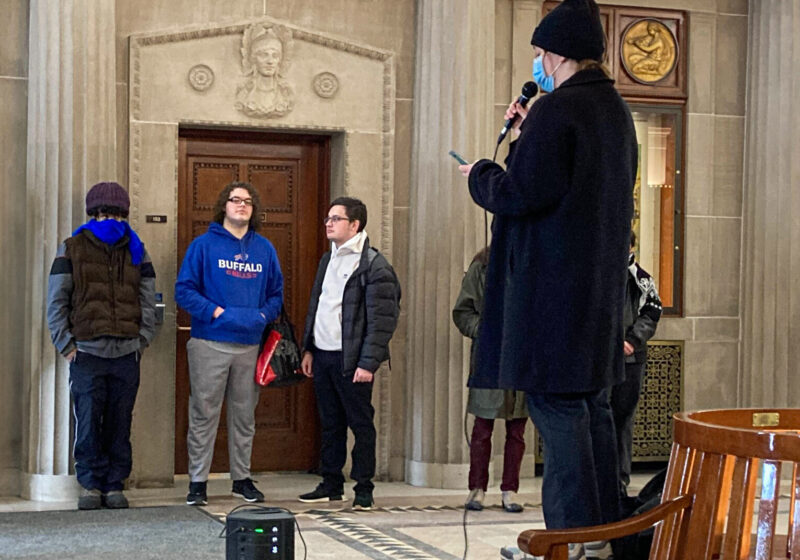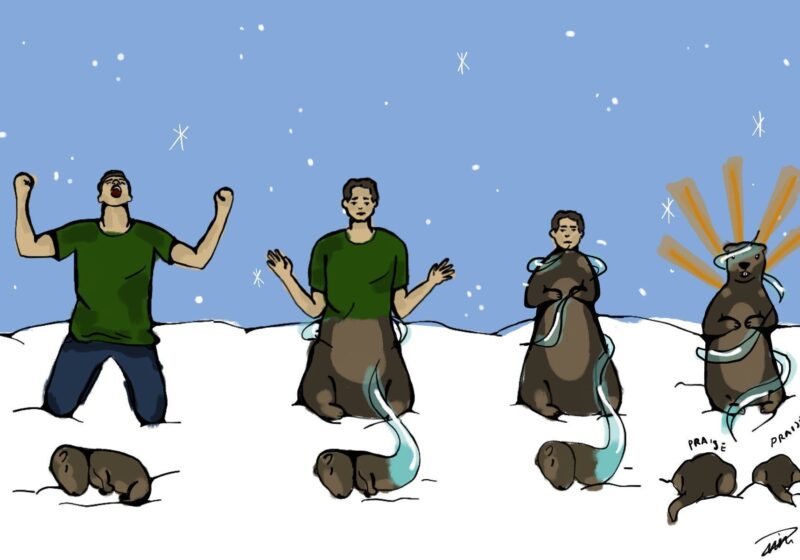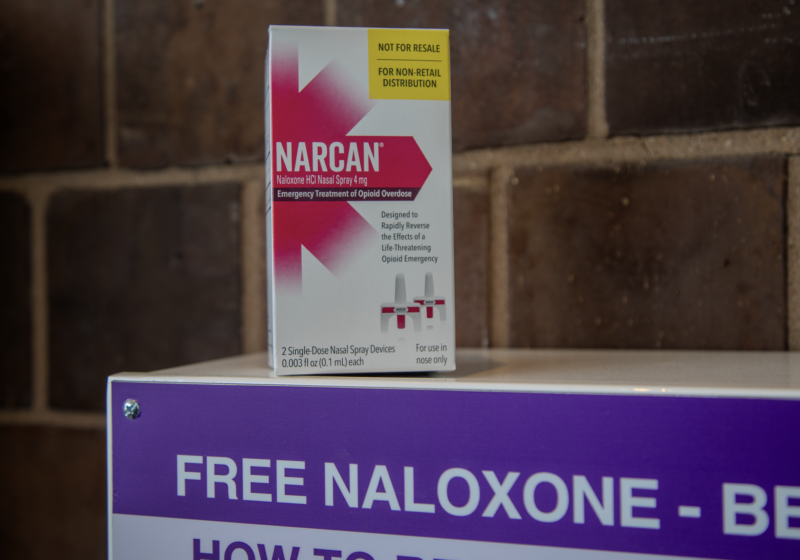The four major American sports leagues—NHL, NBA, NFL, and MLB—are in constant competition when their games are on simultaneously. In terms of ratings, market share, and sheer media presence, the NFL reigns supreme by an enormous margin. The recent numbers, however, suggest that this stranglehold may be loosening somewhat.
Game Five of the World Series on Oct. 30 beat Sunday Night Football’s (SNF) Cowboys-Eagles game in viewership by 32 percent. This hasn’t happened since 2011, and is only the second time since SNF debuted in 2006.
There are some qualifications to this statement. This was one of the most exciting World Series matchups in living memory, which pitted against one another the two longest championship droughts in the MLB: the Chicago Cubs and the Cleveland Indians.
But the SNF game was not, as many primetime games were this year, a boring one. Two exciting rookie quarterbacks led the division rivals. This is representative of a larger trend: the continued decline of NFL ratings this season.
This has been a tumultuous first half of the season for the NFL, between the Colin Kaepernick–led National Anthem protests, continued concussion controversy, and issues with the broadcasts themselves. As a result of these phenomena, viewership is down a massive 12 percent. According to a recent Seton Hall University survey that polled around 800 people in the U.S. about their NFL viewership, the anthem protests were the leading cause of declining numbers.
There is little that the NFL could do about these protests without stirring even more controversy. Instead, it is the other factors the NFL seems to be mishandling.
The NFL has had much-publicized issues with its handling of concussion protocols, an issue which has been at the forefront of this season. In the first game of the season, the concussion protocol of reigning MVP Cam Newton was mishandled when Newton took hard hits to his head and was taken out of the game far later than seemed appropriate. This, coupled with the retirement of former star running back Arian Foster, whose career ended due to injuries, has put forth the image that football is far too dangerous a game to play.
Roger Goodell, the commissioner of the NFL, has also seemed arbitrary in his disciplinary decisions. Goodell has handed down extremely harsh suspensions for players who fail drug tests for marijuana. For example, Marcell Dareus of the Buffalo Bills was suspended for four games this way. Goodell has also imposed large fines on players for celebrating touchdowns, such as star wide receiver Antonio Brown, who was fined $24,000 for twerking after a touchdown.
These immense punishments stand in stark contrast to the NFL’s lax policy on domestic violence, best exemplified by the one-game suspension given to former New York Giant Josh Brown after his arrest for domestic violence in 2015. Such an immense disparity between the severity of the act and NFL sanctions has rankled fans, and has cast doubt on the impartiality of Goodell.
Finally, there has simply been some bad football. The number of primetime games put on by the league has thrust mediocre or bad matchups into the spotlight, especially on Thursday nights.
NFL referees have come under significant fire this season for their inconsistencies on ruling catches, overzealousness on pass interference calls, and broad incompetence, such as forcing a phantom turnover in Cleveland-Washington in week four. The Oakland Raiders set the NFL record in flags thrown in a single game during week eight. Poor officiating and matchups have been compounded by the omnipresence of commercials during every part of the broadcast, especially with the particularly maddening formula of touchdown, commercial, kickoff, commercial, ad infinitum.
When taken collectively, these problems make it clear that the NFL’s leadership is tone deaf to the wants and expectations of its fans. Perhaps this loss in viewership will serve as a wakeup call to the league offices and force a change for the better.




